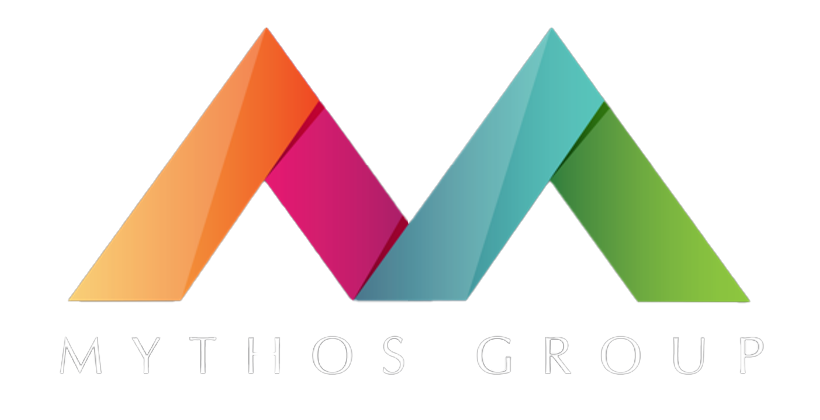Mergers and acquisitions (M&A) represent critical strategies for businesses aiming to grow, diversify, or gain competitive advantages. However, these transactions are complex and fraught with challenges. Successful M&A negotiations require meticulous preparation and fair execution to achieve the intended strategic goals. Let’s delve into the key steps in executing M&A negotiations effectively, reviewing first the preparation steps before negotiation can take place.
Preparation Phase
- Strategic Planning
The first step in M&A preparation is aligning the transaction with the company’s strategic objectives. Determine whether the goal is to enter a new market, acquire technology, or achieve economies of scale. For example, when Facebook acquired Instagram in 2012 for $1 billion, it aimed to consolidate its position in the mobile photo-sharing market and fend off competitors.
- Due Diligence
Due diligence is a key step in helping to determine negotiation operations as it is a comprehensive appraisal of the target company, involving financial, legal, and operational assessments to uncover potential risks and validate the target’s value. For instance, during its acquisition of LinkedIn in 2016, Microsoft conducted extensive due diligence to understand LinkedIn’s financial health, user base quality, and integration potential.
- Valuation
Valuing the target company accurately is crucial before negotiations as well. Employ multiple valuation methods such as discounted cash flow (DCF), comparable company analysis, and precedent transactions. A well-rounded valuation helps in negotiating a fair price. When Amazon acquired Whole Foods in 2017 for $13.7 billion, it used a mix of valuation techniques to determine a fair price that justified the premium paid for Whole Foods’ strong brand and customer base.
Negotiation Phase
- Setting the Negotiation Team
Form a skilled negotiation team comprising financial analysts, legal advisors, and strategic planners. The team should have clear roles and responsibilities to streamline the negotiation process. For example, during Disney’s acquisition of 21st Century Fox in 2019, Disney assembled a diverse team of experts to handle various negotiation aspects, from financial analysis to antitrust issues.
- Establishing a Clear Negotiation Strategy
Define your negotiation strategy, including the opening offer, walk-away points, and concession limits. This strategy should be flexible to accommodate new information or changing circumstances during the negotiation process.
- Building Relationships
Establishing trust and a good rapport with the target company’s executives can facilitate smoother negotiations. Relationship-building involves transparent communication, mutual respect, and understanding each party’s interests and concerns. For instance, when Salesforce acquired Slack for $27.7 billion in 2020, strong relationships and aligned visions between the executives helped in reaching a favorable agreement.
- Effective Communication
Clear and open communication is vital throughout the negotiation process. Misunderstandings or miscommunications can derail negotiations. Regular updates and transparent discussions about expectations, concerns, and progress help maintain alignment between both parties.
Execution Phase
- Structuring The Deal
The deal structure can significantly impact the success of the acquisition. Consideration should be given to payment methods (cash, stock, or a combination), tax implications, and the timeline for the transaction. For example, in the acquisition of Red Hat by IBM for $34 billion in 2018, the deal was structured primarily as a cash transaction to provide certainty to Red Hat’s shareholders and ensure smooth execution.
- Legal And Regulatory Compliance
Navigating the legal and regulatory landscape is crucial to avoid delays or obstacles. Engage legal experts to ensure compliance with antitrust laws, securities regulations, and other relevant legal requirements. For instance, the European Union’s antitrust regulators closely scrutinized Google’s acquisition of Fitbit in 2019 to ensure it did not harm competition, leading to specific commitments by Google to address these concerns.
- Integration Planning
A well-planned integration strategy is essential for realizing the synergies expected from the M&A. This includes cultural integration, systems integration, and aligning business processes. For instance, when Marriott International acquired Starwood Hotels in 2016, it undertook extensive integration planning to unify the brands, loyalty programs, and operational systems.
- Communication With Stakeholders
Maintain clear and consistent communication with all stakeholders, including employees, customers, investors, and suppliers. This helps in managing expectations, reducing uncertainties, and ensuring a smooth transition. The merger between Sprint and T-Mobile in 2020 involved extensive communication efforts to reassure stakeholders about the benefits of the merger and the future direction of the combined entity.
Ensuring Fairness
- Fair Valuation
Ensure that the valuation is fair to both parties. Overpaying can lead to financial strain, while underpaying can cause dissatisfaction and future disputes. Independent valuation experts can provide an unbiased assessment to support a fair transaction.
- Transparent Processes
Transparency throughout the negotiation and execution process builds trust and credibility. Both parties should have access to all relevant information and be aware of the terms and conditions being negotiated.
- Addressing Cultural Differences
Cultural compatibility is often a critical factor in the success of an M&A. Address potential cultural clashes by promoting mutual respect and understanding. Training programs and cultural workshops can help in smoothing the integration process.
- Post-Merger Integration Support
Provide ongoing support during the post-merger integration phase. This includes regular progress reviews, addressing integration challenges, and making necessary adjustments to achieve the desired outcomes.
Conclusion
Negotiating mergers and acquisitions is a multifaceted process requiring careful preparation, strategic negotiation, and diligent execution. By aligning M&A activities with strategic goals, conducting thorough due diligence, ensuring fair valuations, and maintaining transparent and effective communication, companies can navigate the complexities of M&A and achieve successful outcomes. Learning from successful examples like Facebook’s acquisition of Instagram or Microsoft’s acquisition of LinkedIn can provide valuable insights into executing M&A transactions fairly and effectively.
Negotiations can be difficult and complex. Knowing you have a trusted partner with experience and expertise in M&A transactions can make all the difference. With Mythos Group by your side, you can be confident in a smooth and mutually beneficial experience for all parties involved. Reach out to us today to discuss your unique situation and to learn how we at Mythos Group can help.







